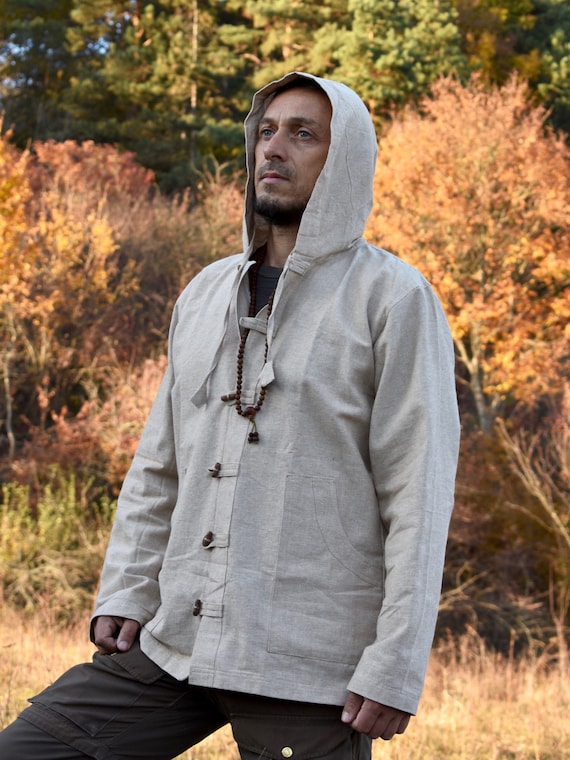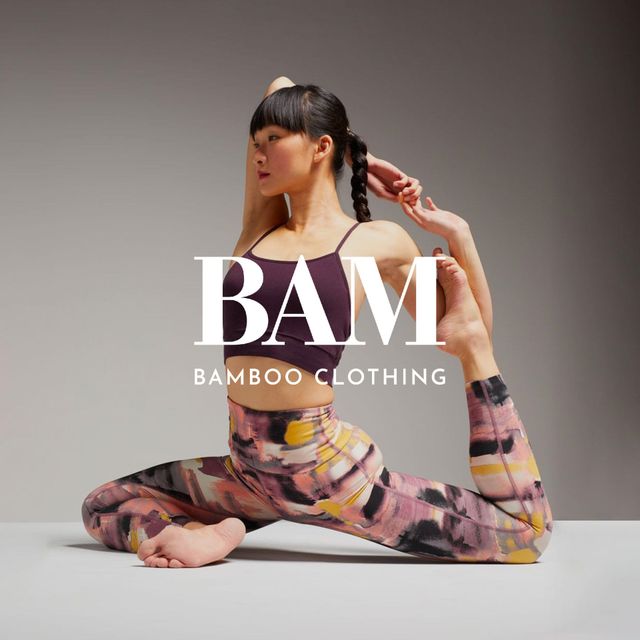Best Ideas For Selecting Hemp Clothing
Wiki Article
Why Is Hemp More Durable, Biodegradable, And Regenerative Compared To Cotton?
Hemp is considered more biodegradable because of its inherent properties as well as the way it is grown. Here's why- Biodegradability-
Natural Fiber- Hemp is a natural plant fiber, and its fibers are biodegradable. Textiles and clothing made of hemp degrade over time. The resulting waste is returned to the earth without any long-lasting effects. Contrast this with synthetic fibers, like polyester, which can require hundreds of years to decompose.
Hemp fabrics are typically not contaminated with synthetic additives or treatments that hinder biodegradability. Contrary to cotton textiles which might contain chemical compounds made from synthetic materials (such as dyes or finishers) that can inhibit biodegradation, hemp fabrics don't.
Durability-
Fiber Strength Hemp fibers are known for their durability and strength. Fabrics and clothes made from hemp tend to be less likely get damaged, and last longer than other cotton items. The durability of hemp clothing means that it is able to endure longer wear and washing cycles before degrading.
less prone to Pilling- Hemp fabric is less prone to pilling (the formation of small fuzzy balls on the surface of the fabric) compared to cotton. This increases the life span of their fabrics and also its overall quality.
Regenerative Agriculture-
Soil Quality- Hemp has regenerative characteristics when it is grown sustainably. Hemp can improve the soil's quality by enhancing soil health. The roots that are deep in hemp prevent soil erosion. This regenerative ingredient helps keep the soil in better shape for the future growth of crops.
Low environmental impact Sustainable hemp farming practices use minimal pesticides and herbicides which minimizes the damage to the environment. The cultivation of cotton, which is based on synthetic chemicals, can cause soil degradation and water pollution.
Water Efficiency-
Hemp generally requires less water to grow than cotton. Due to its drought-resistant properties it is able to be grown with little or no irrigation. It is therefore more efficient with water especially in areas in which water resources are scarce.
Hemp can easily be incorporated in crop rotations to improve the soil's health. It can also reduce the risk for disease accumulation and soil loss. Crop rotation in cotton farming is less widespread.
Hemp is a versatile material which can be utilized to many different items, including building materials, textiles, clothing and paper. Hemp is grown in many ways such as renewable and sustainable.
Apart from the benefits of hemp, it's also important for you to be aware that both hemp as well as cotton can either be produced sustainable (or not) depending on the farming techniques and the processing techniques. Choosing hemp products made using eco-friendly and ethical methods will increase its environmental benefits. Organic cotton may also help reduce environmental issues that come with conventional production. Check out the most popular koraoutdoor.com outdoor clothing for more advice including hemp clothing wholesale, jungmaven t shirt, mens hemp t shirts, hemp garments, hemp coat, hemp clothing womens, jeans hemp, american made hemp clothing, american made hemp clothing, patagonia hemp jacket and more.

What Are The Functional And Technical Benefits Of Hemp Clothing Versus Conventional Fibres?
Hemp clothing has a number of functional and technical advantages in comparison to traditional fabrics. It is also environmentally green. Hemp clothing comes with a variety of advantages that make it an excellent environmentally friendly and high-performance option.
Hemp fibers are highly air-tight and moisture-wicking, which makes hemp clothing comfortable in all kinds of weather. They help to wick away sweat, keeping wearers cool and dry during hot weather.
Temperature Regulation
Clothing made from hemp is extremely thermoregulatory. It can keep you warm in cool temperatures by retaining heat near to your body and help you stay cool in hot weather by allowing heat and water to be able to escape. The natural regulation of temperature reduces the necessity to regularly change your clothes.
Durability & Longevity
Hemp fibers are known for their durability. Hemp clothing is said to be more durable and durable than other traditional fibers such as cotton. Hemp clothes are sturdy, which means that they are able to last longer and lessen the need for replacements, and, consequently, their impact on the environment.
UV Protection
Hemp fibers protect skin from UV radiation, providing the skin with UV protection. This is especially beneficial for outdoor activities and sports.
Biodegradability:
Hemp clothes are biodegradable. It will degrade naturally as time passes. It's a fantastic method to reduce the amount of textile waste and also the negative impact it has on the environment.
Low Environmental Impact
Hemp cultivation requires less synthetic pesticides as compared to cotton. It also uses less water, making it a more environmentally friendly option. These environmentally friendly characteristics are boosted by organic hemp farming.
Carbon Sequestration-
In the course of their growth, hemp plants can absorb carbon dioxide in the air. The hemp plant is able to act as a carbon sink and reduce greenhouse gases.
Crop rotation and sustainability
Hemp is also a good addition to crop rotation systems. This improves soil health while decreasing the chance of developing diseases and soil depletion. This practice of sustainable farming can contribute to the eco-friendly aspects of hemp.
Versatility:
Hemp fibers can be blended with other materials, such as organic polyester or recycled cotton, to create high-performance and eco-friendly fabric blends. This flexibility allows textiles to be innovative and environmentally sustainable.
Low Toxicity
Hemp fibers are naturally low in toxicity and do not require extensive chemical processing during manufacturing, reducing the environmental impacts of the production of textiles.
It is crucial to keep in mind that while hemp does have numerous eco-friendly and functional benefits but its sustainability overall is dependent on other factors like the process of dyeing, transport and ethical working practices. If you want to make eco-friendly choices choose a clothing company which are committed to transparency and sustainability while using hemp fibers and other sustainable materials in their products. Follow the most popular hemp clothing examples for website advice including hemp shirts, patagonia ranch jacket, wholesale hemp fabric, hemp fabric clothing, hemp tees wholesale, hemp clothing for men, hemp bathing suit, hemp sweatpants, hemp apparel, hemp shirts mens and more.

What Are The Advantages Of Wearing Bamboo Clothing To Ensure Comfort And The Environment.
Bamboo clothing is comfortable and environmentally friendly.
The softness of bamboo fabric is well appreciated for its incredible softness. It is silky and smooth to touch, making it comfortable on the skin. Bamboo clothing can be luxuriously smooth, which is why it is a preferred choice for intimate clothing.
Breathability Bamboo fibers breathe and wick away moisture. The tiny gaps in the fabric allow air to circulate, keeping you comfortable and cool during hot weather. The moisture-wicking properties help pull sweat away from your skin, and reduce the sensation of dampness.
Bamboo clothing has great thermoregulatory characteristics. Bamboo clothing keeps you warm in cooler temperatures by trapping warmth near your body. In hot weather it will keep you cool by allowing the excess heat and moisture to go away. Bamboo clothing is appropriate to wear all year round because it can adapt to different temperatures.
Hypoallergenic Bamboo is hypoallergenic in nature, and it is gentle on sensitive skin. It is less likely to trigger allergies or irritation. This makes it a good choice for individuals who suffer from skin sensitivities or allergies.
Bamboo fibers are naturally antimicrobial agents that help prevent the spread and growth of odor-causing bacteria. This feature helps to maintain the freshness and freshness of bamboo clothing even in physical activity.
Environment-
Sustainability- Bamboo can be an eco-friendly and renewable resource. It is among the fastest growing plants in the world and requires little water and the use of herbicides and pesticides in cultivation. Bamboo is able to be harvested without harming the plant as it is able to regenerate by regenerating its roots.
Bamboo is a natural water-efficient plant. Bamboo can survive on very little water, and it can also grow without rainwater.
Biodegradability. Bamboo clothing is biodegradable. They naturally break down as time passes. This feature reduces the quantity in the landfills of non-biodegradable materials.
Carbon Sequestration. Bamboo plants can sequester carbon dioxide from the atmosphere as they grow rapidly. Bamboo cultivation is a carbon sink which can aid in reducing climate changes by reducing greenhouse gases.
Chemical Reduction. Bamboo fabric production typically requires lesser chemical treatment and processing than other types of textiles. As a result, the textile industry has lower environmental impact.
Closed-Loop Manufacturing- Certain bamboo fabric manufacturing processes use closed loop production that recycles and reuses water as well as chemicals to minimize the waste and pollution.
It is important to remember that the environmental impact of bamboo clothes can differ depending on the specific manufacturing process used and whether the bamboo utilized is sourced from sustainable and responsibly managed bamboo forests. If you're looking to reap the most environmental benefits from bamboo clothing, look for sustainable and ethical manufacturing practices. Take a look at the most popular bamboo clothes for blog examples including men bamboo boxer shorts, bamboo activewear, bamboo sweater, bamboo hawaiian shirts, long sleeve bamboo t shirt, bamboo sweatpants, bamboo jacket, bamboo activewear, bamboo bed clothes, bamboo tee shirts and more.
